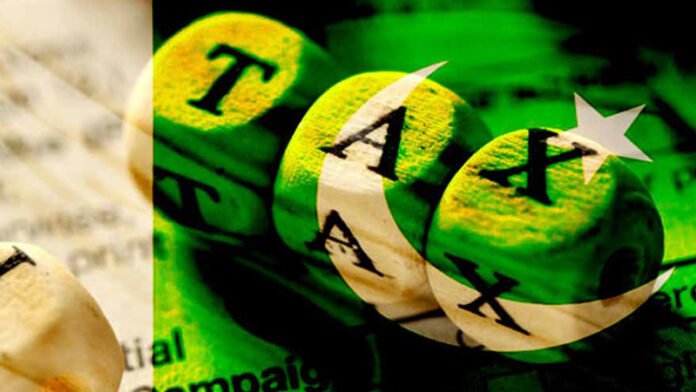ISLAMABAD: As Pakistan is yet to move forward on easing taxes for businesses- one of the major hurdles impeding the country’s position in the World Bank’s Ease of Doing Business Index- the federal government and four provinces have recently agreed to mutually resolve long standing issues through creating a national tax body.
During a recent meeting held at the Ministry of Finance (MoF), the federating units agreed to resolve the taxation issue as the fragmented Sales Tax is currently resulting in a large tax gap, high compliance cost for businesses, and multiple taxations.
According to reliable sources, the meeting, which was attended by the finance ministers and other concerned officials of the four provinces, was informed that the current ST regime fragments Pakistan into five competing tax jurisdictions- the centre and four provinces- that is creating difficulties for businesses.
The existing tax base is spatially fragmented as each province has the power to tax services supplied within its jurisdiction and levy its own tax rates on these services, which result in high cost of compliance for business and discouraging inter-province sales.
According to officials, with a tax gap of 87 per cent (compared to best performers with the same level of income), the businessmen were required to file 60 ST returns a year. The businessmen, by this way, were filing returns 12 times a year in five jurisdictions.
Under the existing taxation system, the businessmen/traders are facing different taxation principles owing to varying definitions of goods and services, and application of different rates for services across different jurisdictions, officials add.
During the meeting, it was suggested by the ministry’s officials to have a seamless policy and administration for the entire country, a unified ST base, same tax rate structure, consistent definitions of goods and services, similar sales tax legislations across all provinces and the federal government, and a common tax return.
Besides, it was also suggested that the revenue collection be made through a common portal and distributed as per the constitution under which ST revenues from goods are collected by the federal government, whereas the revenues from sales tax on services are collected by the provincial government.
It was mutually decided after due deliberations to form a national tax body to resolve the multiple taxation issues. Under the umbrella of the national body, the federating units were agreed to form a mechanism to resolve disputes arising on matters relating to powers vested by it on tax matters, and overlapping of taxes like FED, ST.
It may be recalled here that the previous government was also suggested to go for a single tax collection system while introducing a software for automatic collection and credit to the relevant agency.
Artificial intelligence has been playing wonders in many parts of the world and there is no reason why Pakistan cannot adopt a digital strategy for the government, officials say.
The ruling government had earlier claimed to simplify taxation system and reduce the number of taxes, by merging the withholding tax, sales tax, excise duty and EOBI into one, they further say and add this cannot be done through executive or administrative orders and requires legislation.
The government, however, instead of any legislation, is now trying to make headway regarding multiple taxes through the national tax body.
According to officials, the PTI government has also yet to introduce reforms in the Federal Board of Revenue (FBR).




